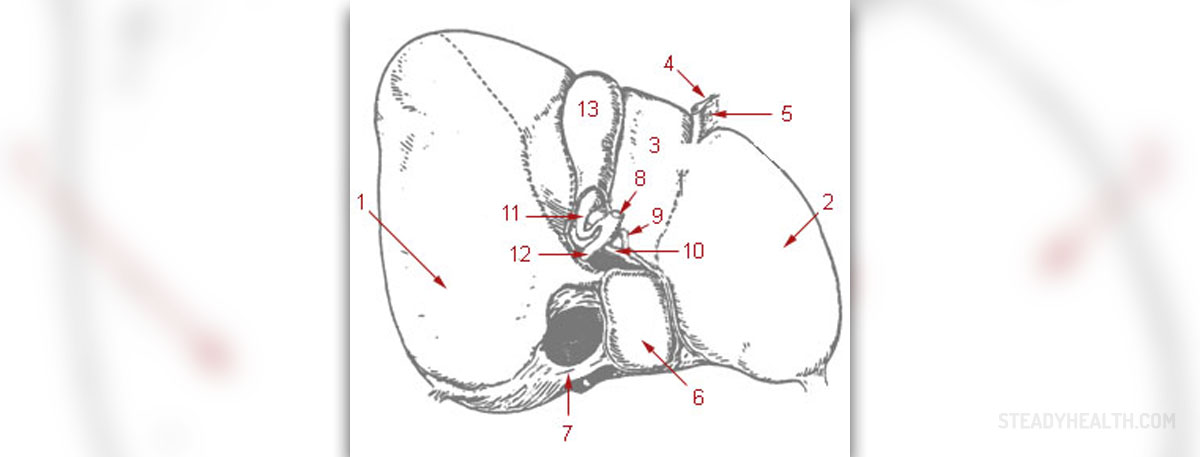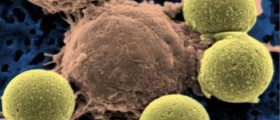
Liver Cancer-Overview
The liver is an organ that sits in the upper right portion of the abdomen, beneath the diaphragm and above the stomach. It has a number of functions, including detoxification, protein synthesis, and production of biochemicals that are essential for digestion. The liver is indispensable for survival; there is presently no way to compensate for the absence of liver function.
Liver cancer is a term that describes the forming of cancerous cells in the liver. It is one of the most common forms of cancer in the world. Most cases of liver cancer are actually metastatic, meaning that they have originated in some other part of the body, and then spread to the liver. The types of cancer that may spread to the liver include: breast cancer, lung cancer, esophageal cancer, stomach cancer, melanoma, pancreatic cancer, and colorectal cancer. A liver metastasis may be present when the primary cancer is diagnosed, or it may occur months or years after the primary tumor is removed.
Symptoms
Symptoms of liver cancer may vary from a person to a person. Some might experience mild symptoms while others experience severe symptoms. The common symptoms of liver cancer include: an enlarged liver, fever, weakness and fatigue, jaundice (the skin and the whites of the eyes turn yellow), nausea accompanied by vomiting, inexplicable weight loss, swelling of the abdomen, loss of appetite, etc. As soon as a person has noticed any of these symptoms, it is vital that they consult a doctor, so that he might do further tests to determine whether it is cancer or not.
Treatment
The treatment plan depends on several factors: the site of the primary cancer, the overall health of the person, how many liver tumors does one have and whether it has spread to other organs beside the liver. There are a few ways of treating metastatic liver cancer: Hormonal treatments. This treatment is recommended when the cancer has spread from the breasts. Hormones are then used to prevent the further growth of cancerous cells. Chemotherapy. This treatment is very useful, while it uses certain drugs to prevent the growth of cancer cells and destroy them. It is especially useful for treating metastatic cancer because its effect spreads to the entire body. Surgery. With surgery, the cancerous cells are removed together with the surrounding tissue to prevent the reappearance of the cancer. This is possibly the most successful way of treating cancer. Radiotherapy, radio frequency ablation, laser ablation, cryosurgery, etc. All of these are new treatments and they are yet to be proven effective. Monoclonal antibody treatment. This treatment consists of the use of certain drugs which recognize the proteins on the exterior of the cancer cells in the liver. The drug then locks with the receptor cells to destroy the cancer cells.
















Your thoughts on this
Loading...